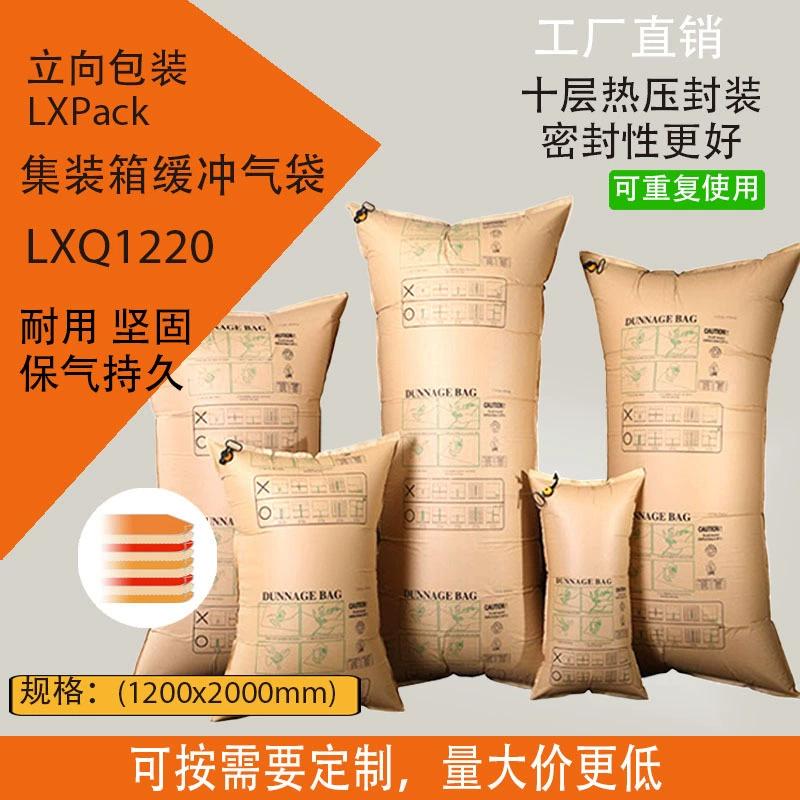- All
- Product Name
- Product Keyword
- Product Model
- Product Summary
- Product Description
- Multi Field Search
Views: 3 Author: 立向包装 Publish Time: 2025-03-12 Origin: 奥立包装制品(昆山)有限公司
In the world of international trade, the movement of goods across borders requires adherence to strict regulations to prevent the spread of pests and diseases. The ISPM 15 (International Standards for Phytosanitary Measures No. 15) standard plays a critical role in ensuring the safety of wood packaging materials, including EPAL pallets. This article explores the importance of ISPM 15 treatment for EPAL pallets, the treatment process, and its benefits for global trade.
EPAL pallets, also known as Euro pallets, are standardized wooden pallets widely used in Europe and globally. They are known for their durability, uniformity, and compliance with the European Pallet Association (EPAL) standards. EPAL pallets are commonly used in logistics, warehousing, and transportation due to their high quality and reusability.
ISPM 15 is an international regulation established by the International Plant Protection Convention (IPPC). It requires that all wood packaging materials (WPM) used in international trade, including pallets, crates, and dunnage, be treated to eliminate pests and marked with an official IPPC logo to indicate compliance.
To comply with ISPM 15, EPAL pallets must undergo one of the following approved treatments:
Process:
The pallets are heated to a minimum core temperature of 56°C for at least 30 minutes.
Benefits:
Effectively kills pests and their larvae;
Environmentally friendly, as it does not involve chemicals.
Process:
The pallets are fumigated with methyl bromide gas.
Benefits:
Quick and effective pest elimination;
Suitable for certain types of wood.
Note:
Methyl bromide is being phased out due to its harmful effects on the ozone layer.
After treatment, EPAL pallets must bear the official IPPC mark, which includes:
The IPPC logo;
The country code (e.g., "DE" for Germany);
A unique treatment facility number;
The treatment method (e.g., "HT" for heat treatment).
This mark ensures that the pallets meet ISPM 15 standards and can be used in international shipments without delays or rejections at customs.
Global Market Access:
Compliance with ISPM 15 allows EPAL pallets to be used in international trade without restrictions.
Pest Control:
Reduces the risk of introducing invasive species, protecting ecosystems and agriculture.
Sustainability:
EPAL pallets are reusable and recyclable, and ISPM 15 treatment ensures they meet environmental standards.
Cost Efficiency:
Avoids costly penalties, re-shipments, or destruction of non-compliant pallets.
International Shipping:
Essential for exporting goods to countries that enforce ISPM 15 regulations.
Food and Beverage Industry:
Ensures compliance with phytosanitary requirements for food safety.
Pharmaceuticals:
Protects sensitive products from contamination during transit.
Retail and E-commerce:
Supports efficient and compliant logistics for global supply chains.
Challenge: High initial costs for treatment and certification.
Solution: Invest in reusable EPAL pallets to reduce long-term costs.
Challenge: Lack of awareness about ISPM 15 requirements.
Solution: Provide training and resources to businesses on ISPM 15 compliance.
Challenge: Transition from methyl bromide to heat treatment.
Solution: Adopt environmentally friendly heat treatment methods.
Stricter Enforcement:
Enhanced inspections and penalties for non-compliance with ISPM 15.
New Technologies:
Advanced treatment methods to improve efficiency and sustainability.
Broader Scope:
Expansion of ISPM 15 to include additional materials or regions.
The application of ISPM 15 treatment to EPAL pallets is a critical step in ensuring global compliance, sustainability, and efficiency in international trade. By adhering to ISPM 15 standards, businesses can protect ecosystems, reduce costs, and ensure seamless access to international markets. EPAL pallets, with their high quality and reusability, are an excellent choice for companies looking to meet these standards while maintaining operational efficiency.
As global trade continues to grow, the importance of ISPM 15-compliant EPAL pallets will only increase. By embracing these standards, businesses can contribute to a safer, greener, and more prosperous future for international logistics.
